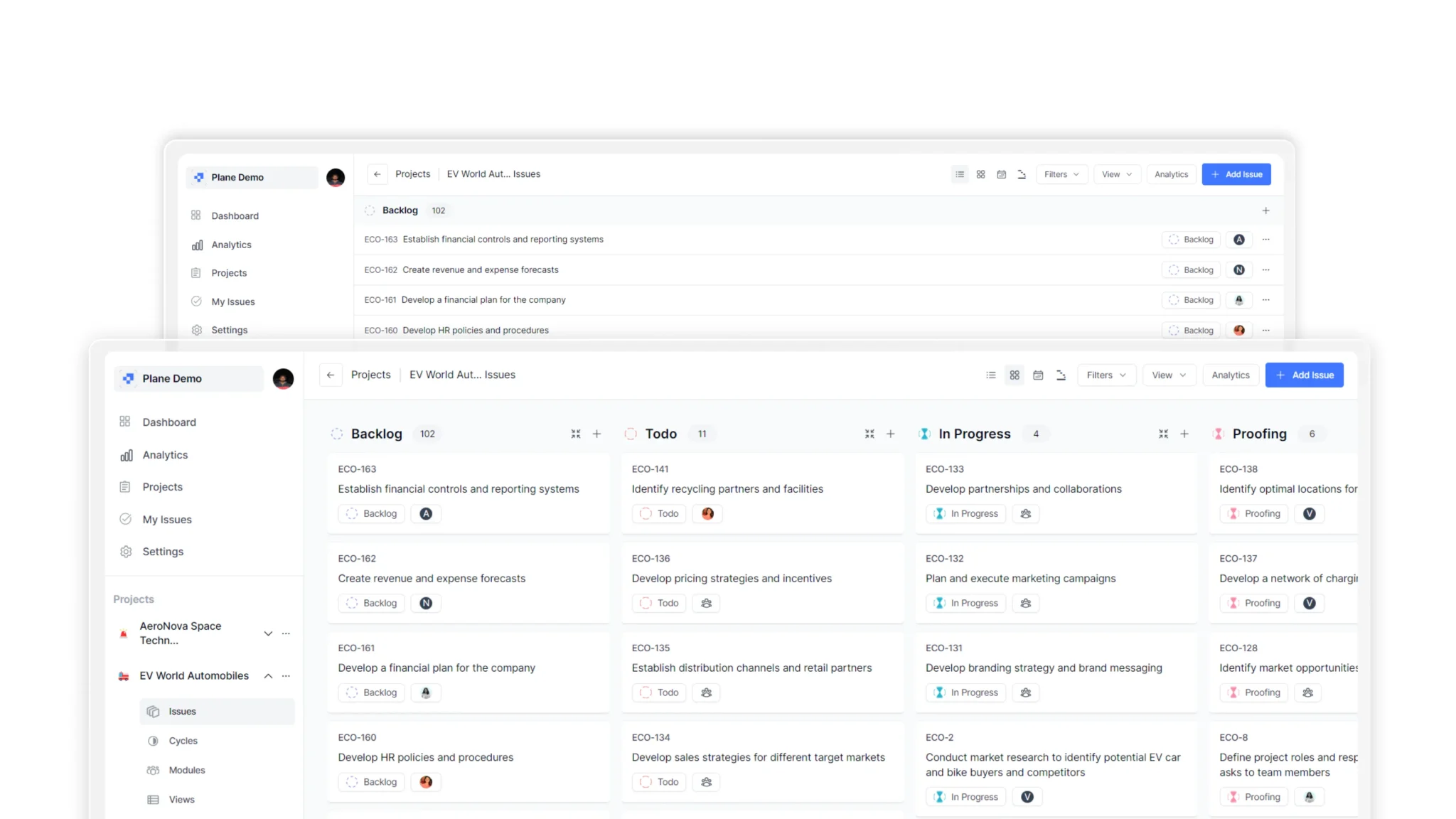
A serious vulnerability has been discovered in Plane, a popular project management tool used by thousands of organizations worldwide. This Server-Side Request Forgery (SSRF) flaw, assigned CVE-2024-31461 with a high CVSS score of 9.1, could allow attackers to take control of servers running vulnerable Plane instances.

Plane has established itself as a versatile, unopinionated project management tool, central to the operations of product teams, IT services, and design companies worldwide. With over 23.9K GitHub stars and a robust community of 10,000+ members, Plane supports critical workflows for a wide array of businesses, emphasizing its importance in facilitating customer value.
The identified SSRF vulnerability affects all versions of Plane up to and including v0.16-dev. It arises within the Jira importer API, which improperly handles URL inputs, thereby allowing attackers to send arbitrary requests from the server hosting Plane. This can lead to unauthorized actions and data access within internal systems.
SSRF vulnerabilities enable attackers to use your server as a weapon against other systems. The consequences could be devastating:
- Unauthorized Access: Attackers could gain access to internal services that are only accessible from the server, potentially leading to further exploitation of internal systems.
- Data Leakage: Sensitive information from these services could be exposed, including credentials, personal data, and business-critical information.
- Manipulation of Services: By interacting with internal APIs, attackers could alter data or operations, leading to disrupted business processes.
Any organization using Plane version 0.16-dev or earlier is at risk. Since Plane enjoys widespread adoption, the CVE-2024-31461 vulnerability poses a significant threat.
In response to the discovery of this vulnerability, the Plane team has released a new version of the software, v0.17-dev, which addresses this security flaw. Users of Plane are strongly encouraged to upgrade to this latest version as soon as possible to protect their systems from potential attacks.
For users who cannot immediately update their software, Plane’s security team recommends implementing the following temporary mitigation strategies:
- Restrict Outgoing Connections: Limit outgoing network connections from the server to essential services only to prevent misuse of the server as a proxy.
- Enhance Input Validation: Apply strict validation rules to URLs and parameters used in server-side requests to ensure they do not facilitate SSRF attacks.